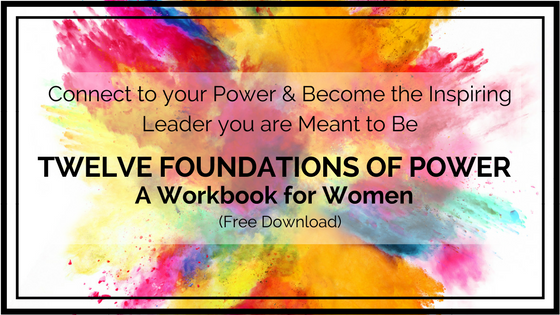Over the course of the last year, I have had the great honour of working with world renowned, Canadian dance artist Margie Gillis. When it comes to experiential wisdom of the body in motion, I have yet to meet anyone with a more in depth, sophisticated or compassionate understanding than she.
Margie has a wealth of adages that she uses during her classes to guide, suggest and support her students into deeper contact with their own embodied experience. One of these that stands out in my experience as a foundation for accessing transformation through movement is:
“Let it be there, let it change”
So often we feel that we have to make change happen. We force ourselves into the gym or to run harder and further. Though the assertion of will is important and there is a time for pushing ourselves, we need to understand that depth healing and transformation doesn't happen through anticipation and pushing for the future; what it takes is a full and complete recognition of the present moment. When we are fully present with and for what is, whatever we are experiencing moves naturally through our system, keeping the system in a state of healthful flux and allowing fresh experience to emerge.
To experiment with this in your own life, next time you are in an 'unpleasant' state (ex: irritated, angry, upset), try the following steps and take note of what happens for you:
1) Take a moment to draw your awareness away from any outer distractions and into your own experience. This may mean leaving the room and finding a quiet space to be alone and with practice can be done almost anywhere (bathrooms can serve as great 'halfway houses'!).
2) Place your hands on your own body and genuinely ask yourself, “what am I experiencing right now?”
2) Take note of what you feel in your body. Try to avoid putting a word label on anything too quickly, just breathe deep and invite whatever is happening to be there.
3) With the statement “let it be there, let it change” in your awareness, take a few deep breaths. Continue to experience your feelings as sensations as if you were listening to a song or piece of music that you love.
4) Once you've noticed that the quality of your experience has shifted, take a final breath and return to whatever you were doing.
Note: Personally I find this exercise most useful not for the big upsets but when I feel just subtlely 'off'. For example, I'm in the grocery store and notice that I am slightly agitated, or on my computer and notice that there's an inertia and heaviness to the way that I'm working. These more subtle feelings are signs that I'm ignoring or glazing over a deeper message.

